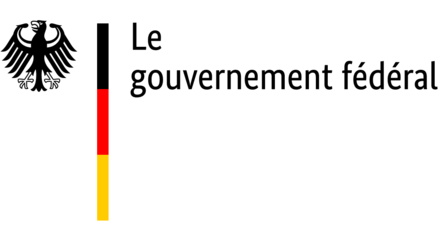For which professions are the most applications for equivalence assessment requested and from which country of training do they come?
The statistical recording of vocational recognition for 2020 is currently underway, so only figures for 2019 are available so far. The Federal Statistical Office reports that the front-runner for the recognition of professions that are not regulated by state law is the state-certified commercial assistant. This is followed by the state-certified electrotechnical assistant and the state-certified electrotechnical assistant as well as the state-certified information technology assistant.
The most common countries of origin for the recognition of non-regulated professions regulated by national law are Syria, Poland and the Russian Federation.
How do I apply for an equivalence assessment at the ZAB and what does it cost?
Information on the certificate of equivalence can be found on the ZAB homepage. The application for an equivalence assessment is made using the application form provided there. This form must be filled out and signed and then sent to the ZAB by mail together with the foreign certificates and all other necessary documents, e.g. a copy of your passport.
The fee for a certificate of equivalence is 485 euros. Normally, it has to be paid by the student. However, it is possible to receive funding, e.g. a recognition grant or the employment agency pays the fees.
How does the cooperation work with other recognition authorities in the federal states in Germany?
For many decades, the ZAB has worked together with the recognition authorities in a proven and reliable manner. As the competence center of the federal states for the recognition of foreign higher education qualifications, it contributes to ensuring that the recognition procedures in the 16 federal states can be carried out in a uniform, transparent and quality-assured manner. With its knowledge of foreign education systems, the ZAB supports the recognition authorities especially when special expert knowledge about an education system or a specific certificate is needed to evaluate a qualification.
Thank you for the interview!
